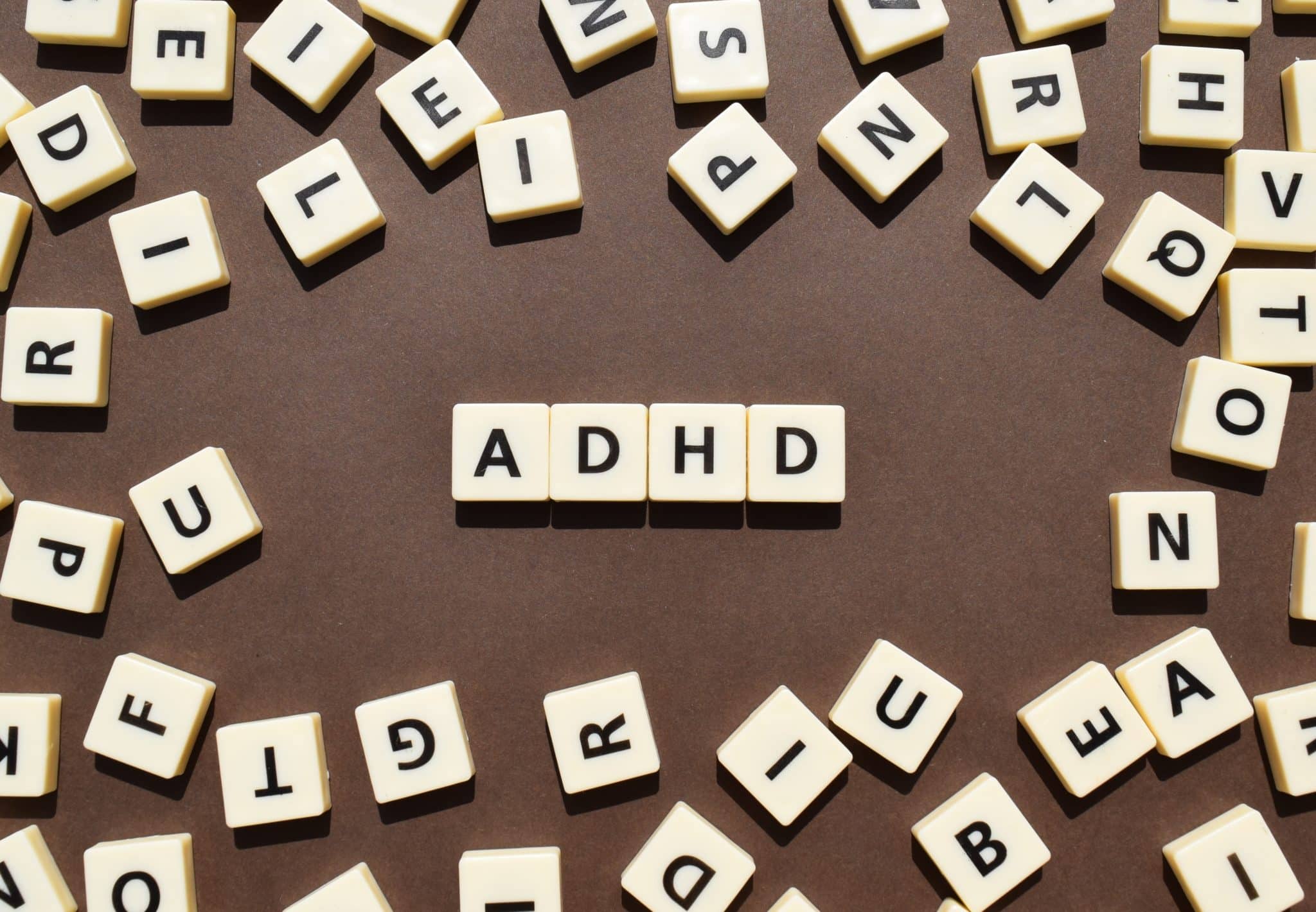This month our resident hypnotherapist Karen Martin, who is based at Salomons Estate, discusses Attention Deficit Hyperactivity Disorder…
More and more of us are being caught in the ever-widening net of neurodiversity. As we discover the glitches in the machine of the human mind, we’re learning to better understand the complexity and chaos of our thoughts, feelings and behaviour.
And now children are more effectively diagnosed and treated for Attention Deficit Hyperactivity Disorder, many parents are identifying symptoms of the same condition in themselves. So it’s not surprising that we’re seeing a surge in the number of adults with ADHD.
There is strong evidence to support a genetic predisposition for this sometimes debilitating condition. ADHD can have a profound impact on the quality of life of the sufferer and those close to them. It is also now clear that it is not a curable childhood issue but a lifelong state of mind.
Social media and the internet are awash with tests and quizzes to self-diagnose. Whilst knowledge is power and it’s often a relief to put a name to something which has been a lifelong challenge, it’s difficult to get a formal assessment and appropriate treatment. There’s a long waiting list for NHS assessments and private clinics charging in excess of £1,000 have been criticised for overdiagnosing ADHD.
What is Adult ADHD?
Similar to childhood ADHD, the condition in adults affects the ability to focus, concentrate, and control impulses. Whilst children with ADHD fidget in class and disrupt home life, adults may struggle with responsibilities like holding down a job or paying the bills on time. The following symptoms can have far reaching consequences:
- carelessness and lack of attention to detail
- continually starting new tasks before finishing old ones
- poor organisational skills
- inability to focus or prioritise
- continually losing or misplacing things
- forgetfulness
- restlessness and edginess
- difficulty keeping quiet, and speaking out of turn
- blurting out responses and often interrupting others
- mood swings, irritability and a quick temper
- inability to deal with stress
- extreme impatience
- taking risks in activities, often with little or no regard for personal safety or the safety of others – for example, driving dangerously
Planning, motivation, multi-tasking, flexible thinking, monitoring performance, memory, self-awareness, and detecting and correcting mistakes are executive functions the ADHD brain doesn’t handle well. And these skills are essential in our post-industrial age.
In times when much of the workforce was labouring manually or serving in the military under authoritarian rule, ADHD wouldn’t have been the problem it is today. When women were chattels chained to the kitchen sink and men were cannon fodder or clocking on at the factory gate, those executive abilities wouldn’t have been so necessary.
The tech revolution may also be fuelling the rise in ADHD according to recent research. Most digital media users multitask and flit from one item to the next. This habit reduces attention span and changes the way our brain functions. Smartphones are related to impaired working memory and decreased performance in cognitive tasks.
Today, ADHD sometimes co-exists with mental health issues like bipolar disorder and OCD so assessments in adults can be blurred by similar symptoms and the differing labels attached to them. A combination of improved understanding, research, and innovative therapeutic approaches is needed to pave the way for a brighter future for those grappling with the condition.
Treatment
Medication effectively treats many ADHD symptoms and talking therapies help adults develop coping strategies, time management skills and organisational techniques. Psychological support is also beneficial to treat the anxiety, depression, relationship issues, career setbacks and feelings of low self-worth that are commonly experienced by the 3-4 percent of the population with ADHD.
Lifestyle modifications including regular exercise, a balanced diet, and sufficient sleep relieve ADHD symptoms and mindfulness practices like meditation and yoga improve focus and emotional regulation.
The digital age has opened up a new frontier in managing adult ADHD. Smartphone apps are available specifically to help with setting reminders, time tracking, and creating task lists. They also incorporate features like meditation exercises and brain-training games to improve cognitive functions.
A Superpower or Kryptonite?
People with ADHD have specific strengths because the way they process information is neurologically different. They are more spontaneous, creative, energetic, intuitive, imaginative, and inventive. These superpowers can lead to great success in life if appropriately channelled. Or, like kryptonite, they can drain resources and lead to a life of frustration and unfulfilled potential.
A number of media personalities have recently been diagnosed with ADHD, including comedian Johnny Vegas and TV presenter Sue Perkins. But the majority don’t have the same opportunities or career choices. Statistically, ADHD sufferers are more likely to be unemployed, be fired from their jobs or quit on impulse. A quarter of those on sick leave for stress show symptoms of ADHD.
It is also becoming clear that ADHD is significantly under-diagnosed in adults and is therefore untreated. The self-care and commitment required to manage symptoms are difficult when the neurological default is chaotic and unpredictable. The structure, order, routine and consistency that calms the chaos can be achieved through learning and practising new habits. We all suffer from behavioural and emotional instability at times but someone with ADHD has to learn how to get out of their own way to achieve any form of balance in their day-to-day lives.
hypnotherapykent.co.uk








